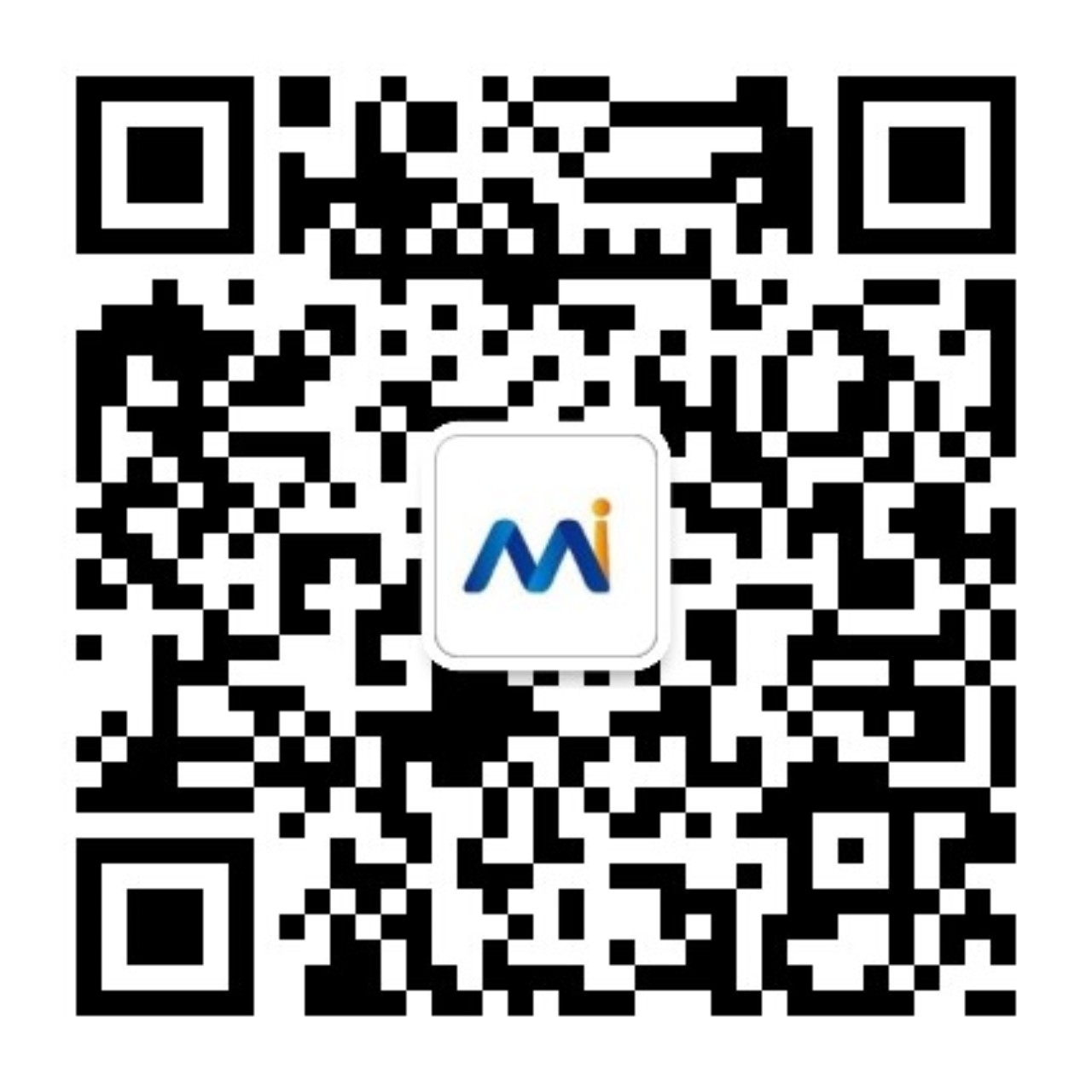题 目:Handwriting Recognition and its Application in Air Writing Recognition(华东师范大学71周年校庆系列学术报告)
报告人:Umapada Pal教授
主持人:吕 岳 教授
时 间:10月26日16:00开始
地 点:腾讯会议,会议号:875-375-519
报告人简介:Umapada Pal received his PhD from Indian Statistical Institute in 1997 and he did his Post Doctoral research at INRIA, France. From January 1997, he is a Faculty member of Computer Vision and Pattern Recognition Unit (CVPRU) of the Indian Statistical Institute, Kolkata. He was the former Head and at present he is a Professor of CVPRU. He is also an Adjunct Professor of University of Technology Sydney, Australia. His fields of research interest are towards different pattern recognition and computer vision problems like Digital document analysis, Camera/video text processing, Biometrics, Image retrieval, Keyword spotting, Video analysis, Medical image analysis, Pose estimation, Image/video generation etc. He has published more than 480 research papers in various international journals, conference proceedings and edited volumes. Because of his significant impact in the Document Analysis research, in 2003 he received “ICDAR Outstanding Young Researcher Award” from International Association for Pattern Recognition (IAPR). In 2005-2006 Dr. Pal has received JSPS fellowship from Japan government. Dr. Pal has been serving as General/Program/Organizing Chair of many conferences including International Conference on Document Analysis and Recognition (ICDAR), International Conference on Frontiers of Handwritten Recognition (ICFHR), International Workshop on Document Analysis and Systems (DAS), Asian Conference on Pattern recognition(ACPR) etc. International Conference on Pattern recognition (ICPR) will be in first time in India in 2024 under his leadership. Also, he has served as a program committee member of more than 60 international events. He has supervised 17 PhD students. He has many international research collaborations and currently supervising Ph.D. students of 5 foreign universities. Also, he has visited more than 30 countries for his academic work. He is the In-Charge of the joint research cluster of the Indian Statistical Institute and the University of Technology Sydney, Australia. He is the founding Co-Editor-In-Chief of Springer Nature Computer Science journal. He is serving as Associate Editor of many journals like Pattern Recognition, ACM Transactions of Asian Language Information Processing, Pattern Recognition Letters (PRL), International Journal of Document Analysis and Recognition, IJPRAI, and IET Biometrics. Also, he has served as a guest editor of several special issues. He is a Fellow of International Association for Pattern Recognition (IAPR), the Asia-Pacific Artificial Intelligence Association (AAIA), Indian National Academy of Engineering (INAE), West Bengal Academy of Science and Technology etc. Also, he is among the top two percent scientists in the world as listed by the Stanford University in 2020, 2021 as well as in the current year 2022.
报告内容简介:
This talk will deal with handwriting recognition and its application in Air Writing Recognition. Air-writing refers to virtually writing linguistic characters through hand gestures in three dimensional space. With rapid development of depth sensors in recent years such as Kinect and LEAP Motion, the possibility of air-writing systems has been emerged. Depth sensors along with computer vision techniques are used to track finger tips followed by recognition of the performed gestures using a trained model. But these sensors are not widely available to common devices which restrict these systems to be easily accessible. While depth sensors are not widely available, generic camera is embedded in many commonly used devices. Therefore a generic video camera based air-writing system could be greatly beneficial. In this talk, I shall discuss about video camera based air writing recognition and it its different applications in real life. If time permits I shall briefly talk about other recent handwriting applications also. Finally, for better understanding of the techniques some demonstrations will be shown to the audience.
